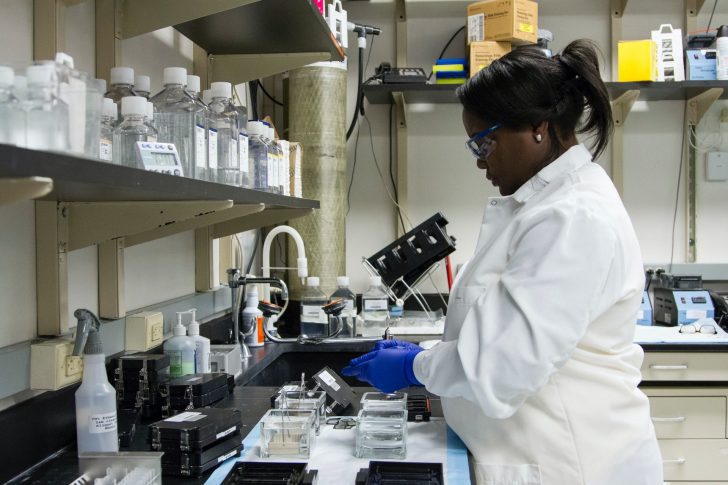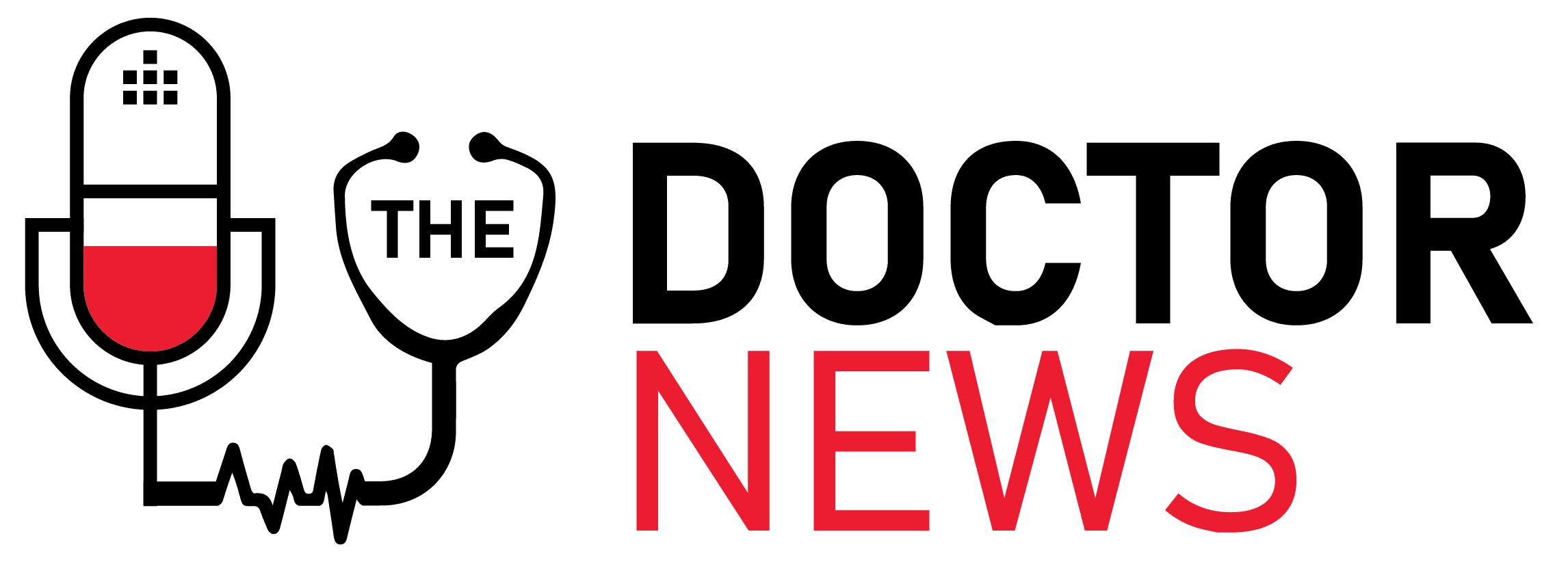For most adults, "why am I tired?" has become an almost everyday question. According to the Center for Disease Control, that one in three American adults fail to get sufficient sleep, and two out of five Americans report an overwhelming feeling of exhaustion throughout the workweek.
This is quite common because of the hustle culture that's prevalent these days, with work, family, friends, and countless other duties requiring your attention.

Pexels | Everyone's always in GO mode, with little to no time for self-care
Of course, certain lifestyle changes can make things better for you but, on the off chance that changing your sleep routine and diet don't seem to help, it might be time to get a professional's advice. Internal medicine professional Dr. Sandra Adamson Fryoher states that oftentimes the excessive exhaustion one feels is due to underlying undiagnosed medical conditions.
Your sluggishness could be a result of one of the following:
1. Depression
Though often disregarded by thinking of it as "the blues", depression can stick with a person for weeks, months, or even years if left undiagnosed and untreated. This major illness can disrupt its victim's life, causing harm to the way they eat, sleep, and even feel.
Symptoms of Depression: Firstly, depression looks different for everyone. However, the most common symptoms include feelings of negativity, hopelessness, and/or worthlessness, changes in eating and/or sleeping patterns, decreased energy, problems with concentration and/or memory.
Tests and Treatment: Though there aren't any physical tests for depression, your doctor might ask you a series of questions to attempt a diagnosis. As for treatment, a combination of medication and talk therapy bear positive results for people struggling with depression.

Pexels | Look out for symptoms in your loved ones
2. Anemia
This condition is defined as a lack of red blood cells, which are responsible for transporting oxygen from your lungs to your cells and tissues. Anemia results from a vitamin or iron deficiency, chronic diseases like cancer or kidney failure, internal bleeding, or blood loss.
Symptoms of Anemia: The most obvious one is feeling tired all the time. Others include chest pains, rapid heartbeat, difficulty sleeping, extreme weakness, and headache.
Tests and Treatment: A physical exam will be required to check your hemoglobin and levels of red blood cells in your blood. Checking the stool for blood is also standard procedure.

Unsplash | Go into the doctor's office prepared for some medical tests
3. Type 2 Diabetes
Research from the CDC indicates that over 23 million Americans suffer from this disease, and what's worse is that 7.2 million are unaware they have it. Glucose is the sugar that supports the healthy function of the body. Without enough sugar, the body can feel lethargic and tired.
Symptoms of Type 2 Diabetes: Besides exhaustion, common symptoms of diabetes are weight loss, hunger, blurred vision, frequent urination, excessive thirst, yeast infections, and irritability.
Tests and Treatment: You'll be required to take the fasting plasma glucose test and the A1C test to monitor blood sugar for over a few months. Following this, depending on the severity of your diagnosis, you might be prescribed dietary changes, medications, or and/or insulin.










